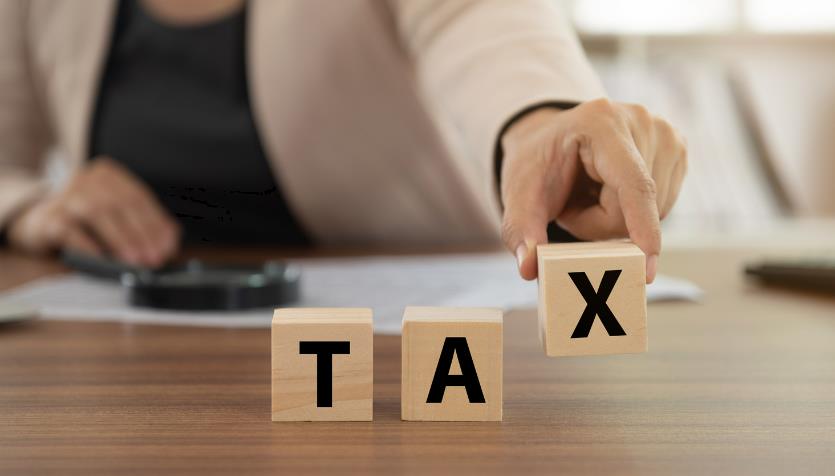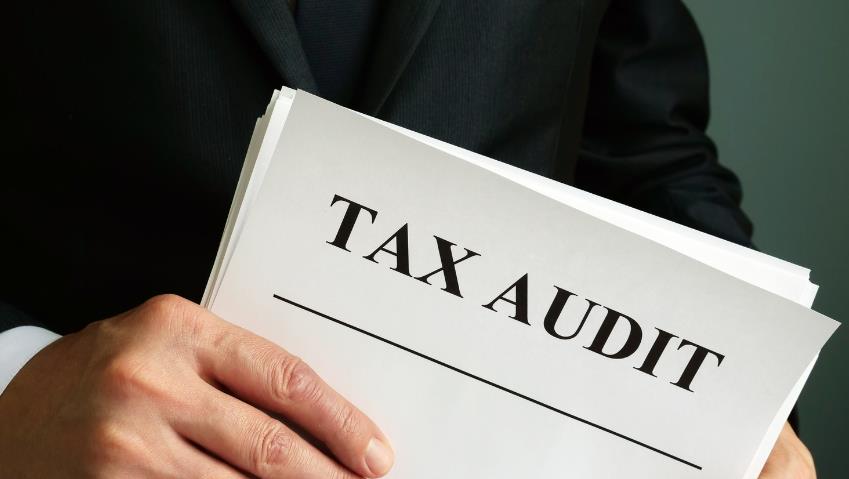Table of Contents
No business or individual wants to be put through an audit by the Canada Revenue Agency (CRA). But, regardless of how thoroughly you operate your business, getting notified of a tax audit can be overwhelming. Entrepreneurs may have described the process as unpleasant and complicated.
That’s why it’s always best to avoid being audited by the CRA. There are several factors the CRA looks at when they do a risk assessment of businesses and individuals for non-compliance. Below are several proactive tips to help reduce your company’s CRA tax audit risk.
4 Proactive Tips To Reduce Your Company’s CRA Tax Audit Risk
1. Be Reasonable About Expense Claims
Deducting business expenses from your income tax is one of the benefits of owning a business. But claiming an unreasonable amount of expenses is a surefire way to raise red flags and draw the attention of a CRA auditor.
Ensure that the amount of your company’s expenses is reasonable, especially when compared to revenues and other similar businesses. It may be helpful to review the costs you claimed in previous years.
 If there’s a substantial increase, the CRA may perform an audit. Limit expense claims that are significant to your business as much as possible. Hiring professional tax audit services is also a great idea to ensure you have sufficient documentation to support your claims.
If there’s a substantial increase, the CRA may perform an audit. Limit expense claims that are significant to your business as much as possible. Hiring professional tax audit services is also a great idea to ensure you have sufficient documentation to support your claims.
2. Beware of Any Tax Discrepancies
Running a sales or revenue comparison is one of the first things the CRA will do with your return. The information you declared on your tax return will be compared across all tax forms.
Ensure that the revenue you reported on your GST/HST return is consistent with your income tax return information. Be as diligent as possible on your business tax fillings to avoid discrepancies that can stir up an audit. Or else, the CRA may come back to you with questions if they notice a significant difference.
3. Minimize Reporting Multiple Losses
Most companies incur losses. While reporting a single business loss isn’t alarming, doing it for consecutive years will likely trigger an audit from the CRA. They may think that your business is only a hobby. Note that there has to be a reasonable expectation for profit to qualify your company as a business.
 If possible, minimize reporting multiple losses, especially if they are only small ones. Although you’re required to report all your income, you don’t have to do the same with your expenses. You can leave out costs that only result in a small net profit for the year.
If possible, minimize reporting multiple losses, especially if they are only small ones. Although you’re required to report all your income, you don’t have to do the same with your expenses. You can leave out costs that only result in a small net profit for the year.
4. Declare All Your Business Income
Misreporting or repeated failure to report your business income is a major red flag for the CRA. If you make omissions on your tax return, the CRA will speculate about how you’re keeping up a lifestyle more than your expected income.
Remember that the CRA will compare your reported income to your industry and location average statistics. Make sure to declare all your business income. It’s also a good practice to report the exact amounts to avoid the suspicion of CRA auditors.
Be Proactive on Your Business Tax Returns
There’s no way to eliminate your risks of getting audited by the CRA altogether. But being more proactive in planning and filing your taxes can help minimize the potential for a tax audit. You can also work with an experienced tax professional to ensure accurate reporting in your tax returns and justifications to support your claims.

